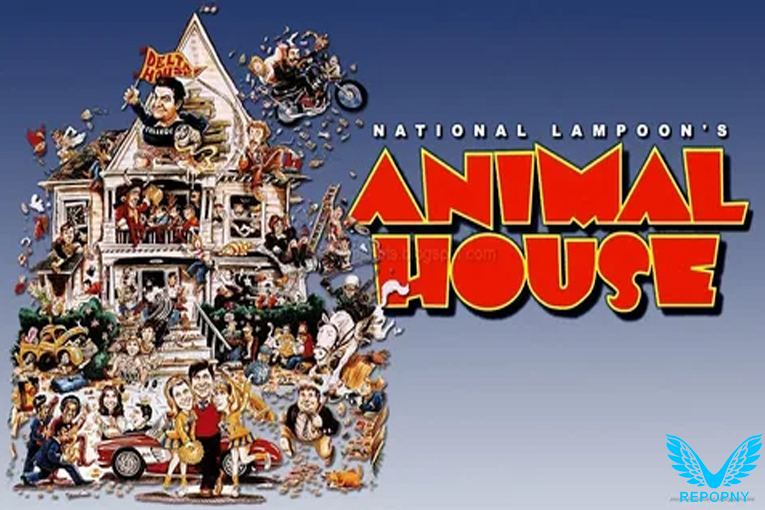Animal House: The Classic Comedy That Still Reigns Supreme
National Lampoon’s Animal House is a classic comedy film that was released in 1978. Directed by John Landis and written by Harold Ramis, Douglas Kenney, and Chris Miller, the movie tells the story of the Delta Tau Chi fraternity’s efforts to rebel against the strict rules and regulations of Faber College. The film was a huge success at the box office and has since become a cult classic, influencing numerous comedies that followed.
Plot Summary
National Lampoon’s Animal House is set in 1962 at Faber College, a fictional university in Pennsylvania. The film follows the exploits of the Delta Tau Chi fraternity, which is made up of misfits and rebels who reject the uptight establishment of the college.
The leader of the Delta Tau Chi fraternity is Eric “Otter” Stratton (played by Tim Matheson), who is known for his charisma and charm. Along with his best friend, Donald “Boon” Schoenstein (played by Peter Riegert), they recruit a new member named Larry Kroger (played by Tom Hulce) who is looking to fit in.
As the school year progresses, the Deltas engage in a series of outrageous pranks and shenanigans, including throwing a toga party that becomes the stuff of legend. However, their antics draw the ire of the college’s Dean, Vernon Wormer (played by John Vernon), who is determined to expel them from school.
Meanwhile, the Omega fraternity, a group of wealthy, snobbish students, wage a war against the Deltas, and a showdown between the two fraternities ensues.
The film culminates in a wild party at the Delta house, where the Deltas are surrounded by their enemies and must fight to save their fraternity from being shut down by the college.
Critical Reception
National Lampoon’s Animal House was a critical and commercial success upon its release, grossing over $140 million at the box office. The film’s raunchy humor and rebellious spirit struck a chord with audiences, and it has since become a beloved classic.
Critics were divided on the film’s merits at the time of its release, with some praising its anarchic energy and others decrying its crassness. However, in the years since its release, the film has been reevaluated and is now widely regarded as a landmark comedy.
The film’s impact on popular culture cannot be overstated. Animal House popularized the toga party, launched John Belushi’s career, and helped to establish the National Lampoon brand as a cultural touchstone.
Box Office Success
National Lampoon’s Animal House was a surprise hit when it was released in 1978. The film’s budget was just $3 million, but it went on to gross over $140 million at the box office, making it one of the most profitable movies of all time.
The film’s success was due in part to its clever marketing campaign, which emphasized the film’s irreverent humor and appealed to young audiences. The movie’s iconic tagline, “It was the Deltas against the rules… the rules lost!” became a catchphrase that resonated with audiences.
Legacy
National Lampoon’s Animal House has had a lasting impact on the comedy genre, inspiring countless imitators and becoming a touchstone for subsequent generations of filmmakers. The film’s anarchic humor and irreverent spirit helped to usher in a new era of comedy that was more daring and subversive than what had come before.
The film’s influence can be seen in a wide variety of movies and TV shows, from The Simpsons to American Pie. It has become a cultural touchstone that continues to resonate with audiences today.
Conclusion
National Lampoon’s Animal House is a classic comedy that has stood the test of
